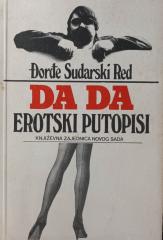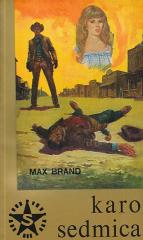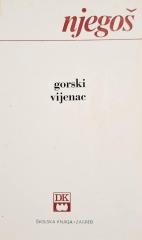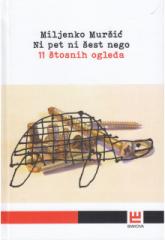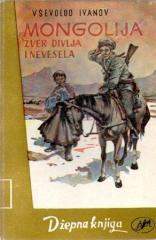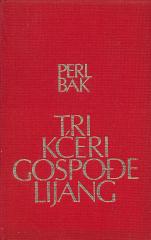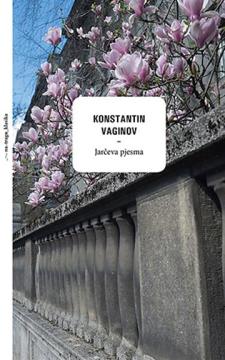
Jarčeva pjesma
It is about Petersburg at the beginning of the 20s of the last century, a time when culture and everyday life still showed some kind of "normal" state.
The frame of the novel Jarčeva pjesma (1928) is organized by the author, who occasionally breaks into the narrative flow and lets us know who is holding all the strings. But he is not the biographical author of the text, i.e. he does not represent Konstantin Vaginov, but is a construction, the product of an unknown poet who was known only in a narrow circle of poetry lovers. There is also the scientist Teptjolkin, who works at night on his life's work Hierarchy of Senses, Miša Kotikov, collector of material about the tragically killed poet Zaeufratski, Kostja Rotikov, an expert in baroque, luxurious and crazy style, Marija Petrovna Dalmatova, the deranged poet Septembar, Nataša Golubec and some more. It is a family that cannot accept Petrograd devastated by revolution and war, but dreams of reviving former cultural values on an island in the middle of desolation. Unfortunately, the existing, banal reality is unworthy of such a demanding and noble act. Therefore, the members of the circle, faced with the new socio-political situation, slowly give up on the realization of the ideals of Hellenism in a city which, with its ruins, reminds of ancient Rome. At the end, the curtain comes down. The show is over. There is no more. The author together with his heroes goes on stage and bows. Slagari are putting the book together. When they have composed half of Capricorn's poem, the author leaves the cafe with his true friends into a wonderful Petrograd spring night that lifts souls over the Neva, over castles and churches, into a rustling night that sings like a garden, like youth, and flies like an arrow, into a night that has, as Vaginov says, already flown by for them. The writer's message is that in reality there is no place for spiritual things, especially not for those from the past. The only place where elite culture can be "transplanted" is the afterlife, the eternity created by the artist. Art, as interpreted by Vaginov, is a struggle for another world, that is, the transfer of people from the void of immediate reality to the fullness of a better and longer-lived existence. Art is therefore a goat's song, which in translation would mean – tragedy.
One copy is available
